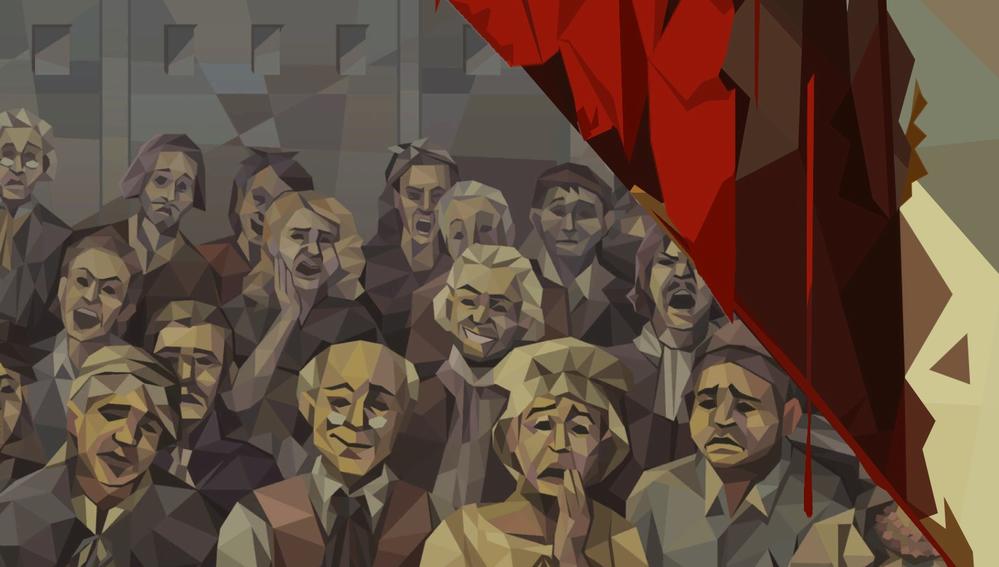

Too often, the history of Europe is described as a series of interminable wars and quarrels.

We in Britain are rightly proud of the way in which, since Magna Carta in the year 1215, we have pioneered and developed representative institutions to stand as bastions of freedom.Īnd proud too of the way in which for centuries Britain was a home for people from the rest of Europe who sought sanctuary from tyranny.īut we know that without the European legacy of political ideas we could not have achieved as much as we did.įrom classical and mediaeval thought we have borrowed that concept of the rule of law which marks out a civilised society from barbarism.Īnd on that idea of Christendom, to which the Rector referred-Christendom for long synonymous with Europe-with its recognition of the unique and spiritual nature of the individual, on that idea, we still base our belief in personal liberty and other human rights. Visit the great churches and cathedrals of Britain, read our literature and listen to our language: all bear witness to the cultural riches which we have drawn from Europe and other Europeans from us. This year, we celebrate the three hundredth anniversary of the glorious revolution in which the British crown passed to Prince William of Orange and Queen Mary. Our nation was-in that favourite Community word- “restructured” under the Norman and Angevin rule in the eleventh and twelfth centuries. Our ancestors-Celts, Saxons, Danes-came from the Continent. Our links to the rest of Europe, the continent of Europe, have been the dominant factor in our history.įor three hundred years, we were part of the Roman Empire and our maps still trace the straight lines of the roads the Romans built. We British are as much heirs to the legacy of European culture as any other nation. Nor is the European idea the property of any group or institution. I want to start by disposing of some myths about my country, Britain, and its relationship with Europe and to do that, I must say something about the identity of Europe itself.Įurope is not the creation of the Treaty of Rome. If you believe some of the things said and written about my views on Europe, it must seem rather like inviting Genghis Khan to speak on the virtues of peaceful coexistence! Perhaps I should congratulate you on your courage.

Chairman, you have invited me to speak on the subject of Britain and Europe.

Geoffrey Chaucer was a frequent visitor here.Īnd the first book to be printed in the English language was produced here in Bruges by William Caxton. Your city of Bruges has many other historical associations for us in Britain. What better place to speak of Europe's future than a building which so gloriously recalls the greatness that Europe had already achieved over 600 years ago. The College plays a vital and increasingly important part in the life of the European Community.Īnd third, may I also thank you for inviting me to deliver my address in this magnificent hall. Prime Minister, Rector, Your Excellencies, Ladies and Gentlemen:įirst, may I thank you for giving me the opportunity to return to Bruges and in very different circumstances from my last visit shortly after the Zeebrugge Ferry disaster, when Belgian courage and the devotion of your doctors and nurses saved so many British lives.Īnd second, may I say what a pleasure it is to speak at the College of Europe under the distinguished leadership of its Professor LukaszewskiRector. Film of this item may be viewed here.Īgriculture, Employment, Trade, Foreign policy (USA), Foreign policy (Central & Eastern Europe), Foreign policy (development, aid, etc), European Union (general), European Union Budget, Economic, monetary & political union, European Union Single Market, Defence (general), Terrorism, Northern Ireland, British Constitution (general discussions), Civil liberties, Race, immigration, nationality, Famous statements by MT, British relations with France, British relations with Italy, British relations with Netherlands, British relations with the Federal Republic of Germany (There are a few differences of wording between the two, none of the slightest political significance.) MT had planned to use an autocue, but the layout of the venue - a hall with scarcely anyone in front of her, the audience flanking her on either side - made autocue inappropriate, so she spoke from a paper text. The punctuation and paragraphing adopted in the pamphlet have been used here, but the text is that transcribed from tape by the COI. The text was later issued as a pamphlet by the Press Office at No.10. Margaret Thatcher Speech to the College of Europe ("The Bruges Speech") Document type:Įmbargoed until 1730.


 0 kommentar(er)
0 kommentar(er)
